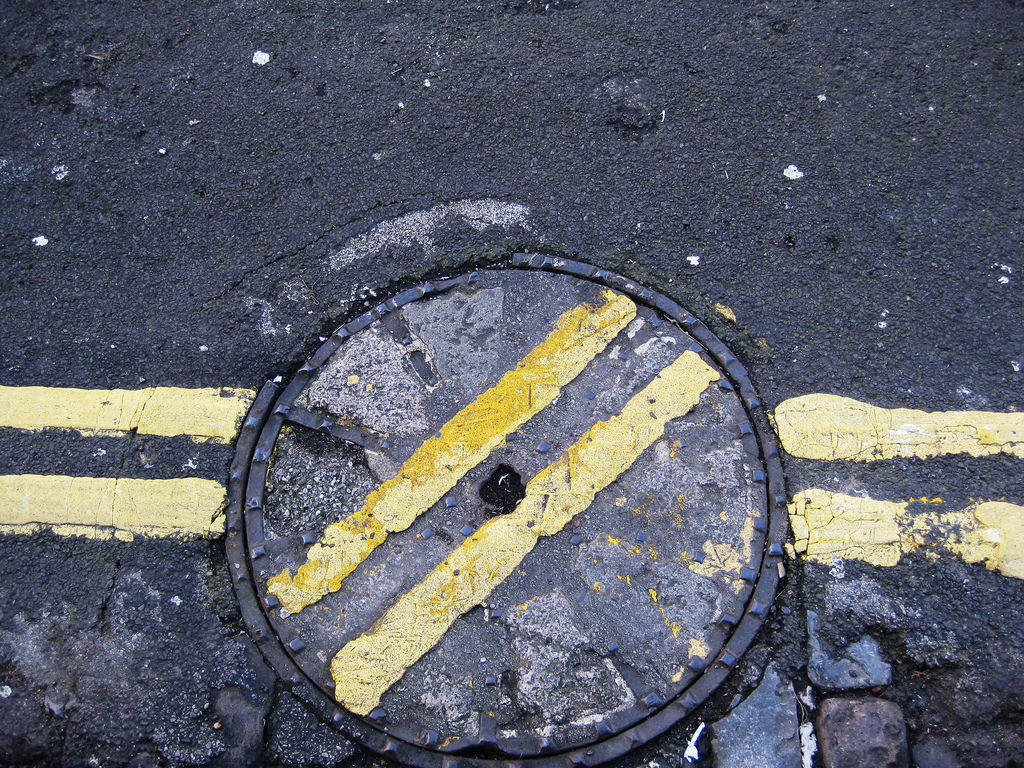Throughout my life, I’ve had a love/hate relationship with hard work.
I credit both my past successes and my past anxiety problems to how hard I’ve worked, to the strive-y part of me that always wants to be right, always wants to be the best, that always wants to do everything correctly.
Ironically, I’ve worked hard to minimize this strive-y part of my personality. I’ve become quite wary of my past “blood, sweat, and tears” method for getting things done, in part because I tend to conflate perseverance with perfectionism. Fortunately, the two things are not the same! There’s nothing wrong with determination towards a worthy goal, especially when the mere pursuit of it— the process — is joyful. But perfectionism is the tendency to persevere well past the “good enough” stage, to persist even when an activity or project becomes joyless, painful, or counter-productive in some way.
There are a lot of problems with perfectionism. For starters, perfectionism is not a happiness habit. Perfectionists are prone to depression and severe anxiety, and they are more likely to commit suicide when things go wrong.
A lot of people incorrectly assume, as I used to, that perfectionism will propel them to the top of their field (or the top of their class or team). But perfectionism doesn’t contribute to success. On the contrary, perfectionism tends to detract from success. Here’s why:
- Perfectionism creates a steady state of discontent fueled by a stream of negative emotions like fear, frustration, and disappointment. Negative emotions drain our energy and reduce our cognitive abilities.
- Because failure is not an option for perfectionists, fear of failure becomes a driving force. All that fear diverts energy from more constructive things, making perfectionists less able to learn and be creative. Perfectionists expend a lot of energy on the things they are desperately trying to avoid: failure and the criticism they imagine it will create. Ironically, this preoccupation has been shown to undermine performance in sports, academics, and social situations.
- Perfectionism — like all fixed-mindset thinking — keeps us from taking risks and embracing the challenge. Overcoming an obstacle is one of the best ways to go from being good at something to being great.
- Perfectionism leads us to conceal our mistakes and avoid getting constructive feedback. In nearly every field — writing groups are the most obvious example here — group critique is a fast way to get better at something.
Perfectionism is NOT about setting high expectations or being successful in your endeavors. It is about being concerned about making mistakes and about worrying about what others think.
Perfectionism is not a happiness habit. Click To Tweet
About ten years ago, I was able to get my perfectionism under control, but the tendency (for me) is always there. Here’s the weirdest thing about me: At times, I’m a little anxious that I don’t feel guiltier for not continually striving to earn myself an A+ in every little realm of my life.
For this reason and many others, I am totally in love with Liz Gilbert’s book Big Magic. In it, she clarifies: Success and happiness aren’t just about not being perfectionistic. They come when we allow ourselves to be mediocre if that’s what it takes to complete a project or task. We don’t need to feel guilty about the areas in our lives where we’re half-assing it, she assures us when we prioritize completing tasks and projects over perfecting them. She explains:
The great American novelist Robert Stone once joked that he possessed the two worst qualities imaginable in a writer: He was lazy, and he was a perfectionist. Indeed, those are the essential ingredients for torpor and misery, right there. If you want to live a contented creative life, you do not want to cultivate either one of those traits, trust me. What you want is to develop quite the opposite: You must learn how to become an intensely disciplined half-ass.
It starts by forgetting about perfect. We don’t have time for perfect. In any event, perfection is unachievable: It’s a myth and a trap and a hamster wheel that will run you to death. The writer Rebecca Solnit puts it well: “So many of us believe in perfection, which ruins everything else because the perfect is not only the enemy of the good; it’s also the enemy of the realistic, the possible, and the fun.”
In any event, perfection is unachievable: It’s a myth and a trap and a hamster wheel that will run you to death.
“Become a deeply disciplined half-ass” is some of the best happiness advice I’ve ever heard. And in a world where people begin loads of projects but are too busy (or afraid of not being good enough) to complete much of anything, completion is a strategy that will put you ahead of the pack.
If you need more discipline, think about cultivating work rituals or developing some new habits. If you struggle with perfectionism, read Big Magic to become your most authentic, good-enough self.
Want more tips for conquering perfectionism, or developing discipline? You might like my free guide to saving time, How to Gain an Extra Day Each Week. This free eBook will leave you with practical results so that you can generate more time for the things that matter most to you.


2 comments
Comments are closed.